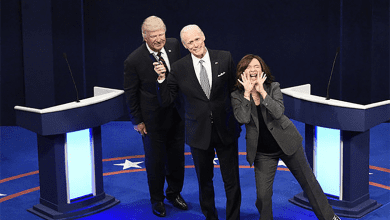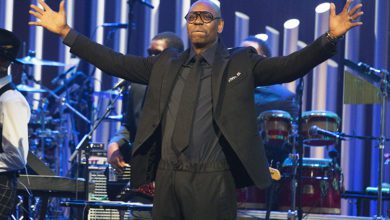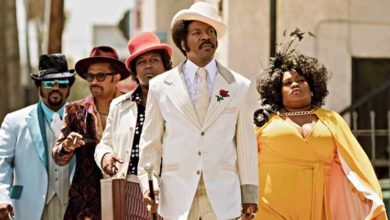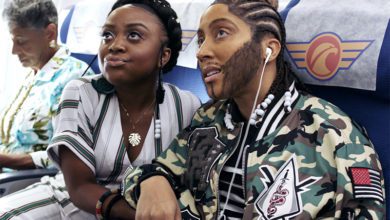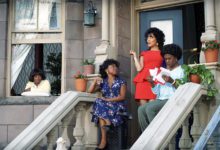2 Dope Queens: Everythang Ain’t For Errybody
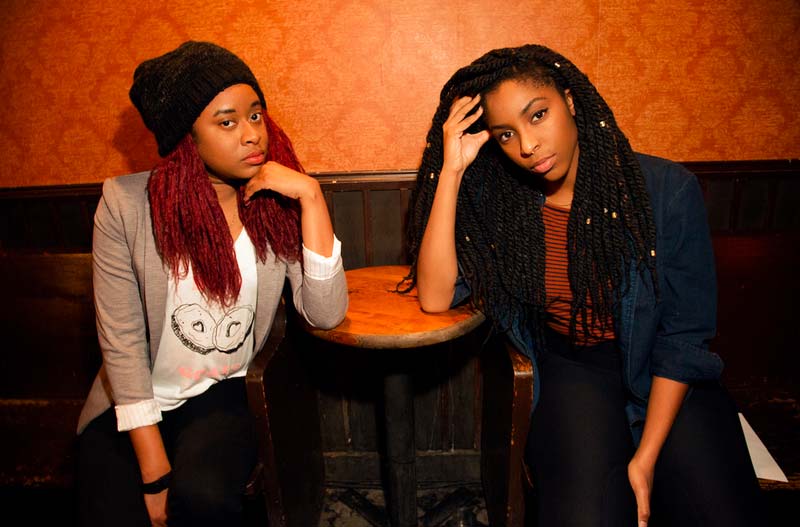
I want to preface this review with the declaration that I always enjoy seeing Black women shine.
But if I am being honest, which is something I always aspire to be, I am not a fan of the podcast turned HBO special 2 Dope Queens. The show is the creation of writers and funny-women Jessica Williams and Phoebe Robinson. It is a true testament of how black women can create their opportunities with their brains, wit, and the resources at their disposal. It is an inspiration to witness the evolution of their work from hosting a stand-up comedy show in New York to a podcast, and now to a coveted cable special.
I would like to think that my dislike of 2 Dope Queens is primarily because their improv style of podcasting does not translate well to television, but I suspect there is something more. It probably has more to do with what I perceive to be their proximity to whiteness in the delivery and content of their humor as well as their guests.
To be clear, no one is questioning their blackness. Obviously there is a myriad of ways to express one’s culture and blackness is not monolithic. But it does raise the question of audience. Who do they attract? Who do they make laugh? Not me. Most of my grievances are connected to personal taste. I find myself grimacing at their screams, most oftenly manifesting in the high pitched squeals of “Yaaasssss!!!” I am not invested in their personal tales of life in New York. Nor do I fancy the ironic reframing of the intimate rituals (like scalp greasing) of their interracial relationships as forms of reparations.
In their second episode, which is the furthest I have gotten in the series thus far, they talk about black hair practices. Phoebe tells a story of attempting to care for her dreadlocks in college prior to the big natural hair boom. In her internet search she comes across a video of a white girl who advises using a wax to smooth out her locs. Unbeknownst to Phoebe, the girl instructs her viewers to use a product formulated for lighter color hair. Phoebe walks around for months with “ashy” locs before her fashion unconscious father informs her that the wax comes in different colors. The entire time I could not help but question why she would rely on the advice of a white woman regarding dreadlocks – a black hairdo. While I understand that the internet then was not what is now, I couldn’t help but think, did she not have any friends, aunties, play cousins that she could call? She attended Pratt Institute in New. York. City. – one of the most culturally diverse cities in the world. I wonder if this narrative is symbolic of a cognitive dissonance that extends beyond this particular segment. Then to top it all off, of all the people they could have interviewed, they proceed to have a conversation with Sarah Jessica Parker about black hair care. I don’t get it.
Not to belabor one point, but this specific contestation is an example of my overall issue of the show. I am not their audience. The persons and topics they are explore are not people or ideas I am interested in. With all that being said, the strength of the show is the platform it provides for up-and-coming comedians. I am especially grateful that they introduced me to Aparna Nancherla. Her subtle, feigned insecurity matched with her unique observations make her particular brand of comedy hilarious. I think this points to the strengths of sculpting a tight set as opposed to freestyling. It makes me wonder if I would be more interested in the emcees, Jessica and Phoebe, if they spent more time scripting their segments as opposed to winging them. But this could also be an assumption on my part; maybe their segments are constructions performed in the style of improv.
I can go on and on, back and forth trying to figure out ways the show could be different and thus in my opinion, better. But at the end of they day the real issue is with me, not them. I am not their audience – and that’s okay.
